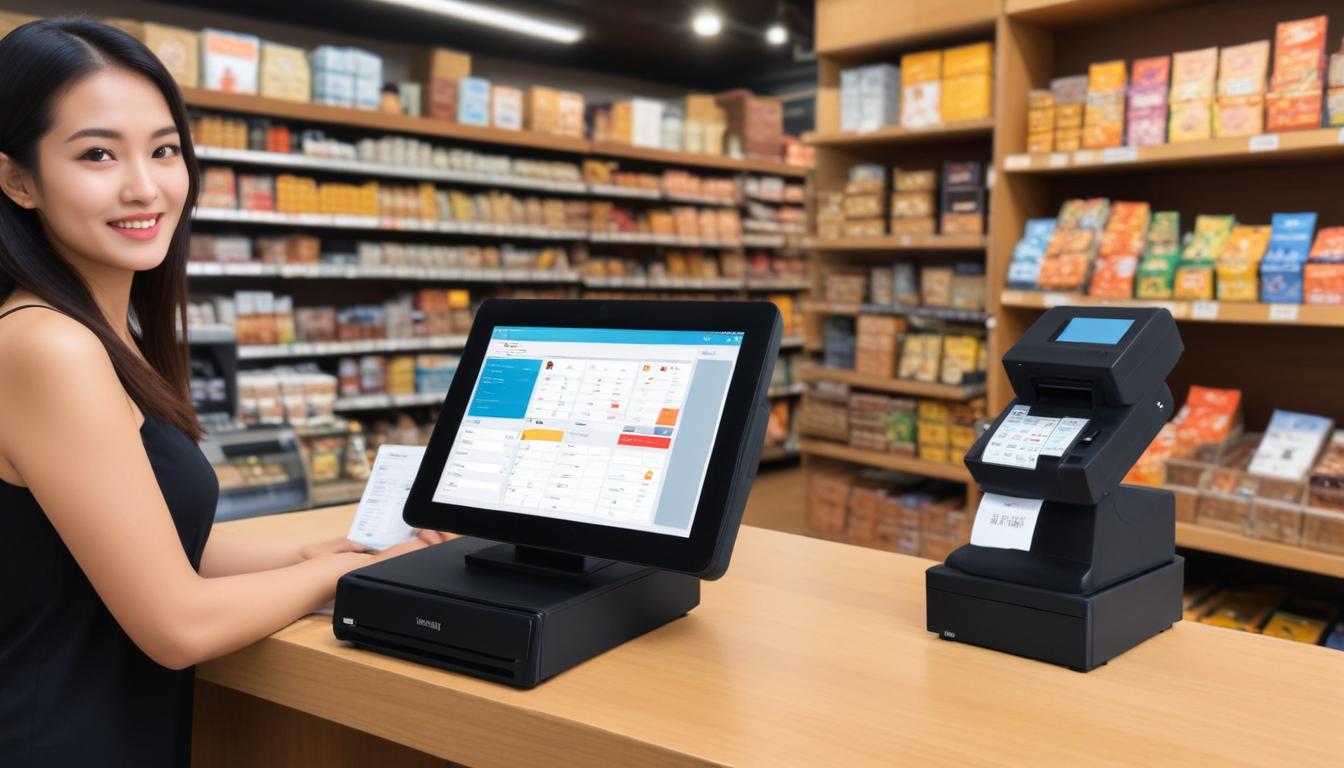For a long time, Point of Sale POS referred only to a small cash register hidden behind a countertop. However, in today’s ever-changing business environment, it’s grown to become and flexible. It’s an intelligent, adaptable and mission-critical system that can support not just transactions, but also the complete customer experience.

The way consumers interact with businesses and restaurants has changed dramatically. They demand speed, individualization and a variety of options regardless of the industry. Modern POS systems are built to do much more than make sales. They also connect every aspect of an organization to one integrated system.
POS Systems as Business Intelligence Hubs
Point of sale has evolved. Point of sale is no longer about the transaction itself. Instead, it is about gathering information, optimizing operations, or improving the customer relationship. Today’s point-of-sale POS system is much more than accept payment as it allows you to track inventory, monitor productivity of employees and generate sales reports that are actionable and can even help identify buying patterns that are common across seasons or segments.
Take a look at a tiny retail store that is using a retail point-of-sale. The POS platform monitors the most popular sellers and sends alerts in the event of low stock. It may even suggest reorders in light of recent trends. Through cloud-based connectivity, that same owner can check every day performance using their smartphone without leaving the store.
Flexibleness that is specific to the industry
Modern POS software is scalable across all markets. At one end you can find restaurants that require live order routing to the kitchen tips tracking, as well as table-side payment choices. However, beauty salons depend on appointment scheduling, customer histories, and package management. The best point-of-sale POS systems meet these needs and requirements, which are different.
The need for simplicity and intelligent automation are what unites all of these businesses. A bar may prefer tap-to pay payments while a retailer may prefer the scanning of barcodes or the synchronization of inventory among departments. A good POS system will be able to adapt to every situation, and without any hassle.
Integration of Payment Security & Processing
Security is now expected and not an alternative. Any business that accepts cards or digital payment methods must ensure the security of that data. Reliable points of sale POS systems now come embedded with payment integrations that allow secure, end-to -end encrypted processing using trusted names such as Chase, Moneris, and First Data.
Integration is more than safety. The speed is another factor. It’s not a good idea for businesses to have to deal with lagging cards, unmatched reports or delays in deposits. By implementing a unified system that combines payment processing and sales tracking companies can close their books faster, make reconciliations more efficient and get rid of headaches at the end of each day.
The business is growing, Do Not Be Afraid of It
Scalability is often neglected, especially by small business. Many small-scale businesses start with a basic set-up and then find out months later that the POS isn’t able to support more than one location or loyalty programs. Modern POS systems are designed to grow with the company, from a sole owner to becoming a franchise.
Retailers, in particular, benefit from retail POS systems that sync in-store purchases with e-commerce platforms. This seamless integration assures that inventory is always accurate. Customers get a single experience, while business owners do not waste time juggling different systems.
Conclusion: Smarter Sales Starts at the Point of Sale
Point of Sale POS isn’t just a device for transaction. Point of sale POS is now an integral part of how businesses function, learn, and grow. Companies who invest in a customized, intelligent, and secure points of sale aren’t just improving their checkout processes and laying the digital foundation for success in the future.
With increasing expectations from customers businesses cannot afford to think of the POS as a secondary consideration. In many ways, the actual vitality of any modern business is right there in the place where sales happen.

